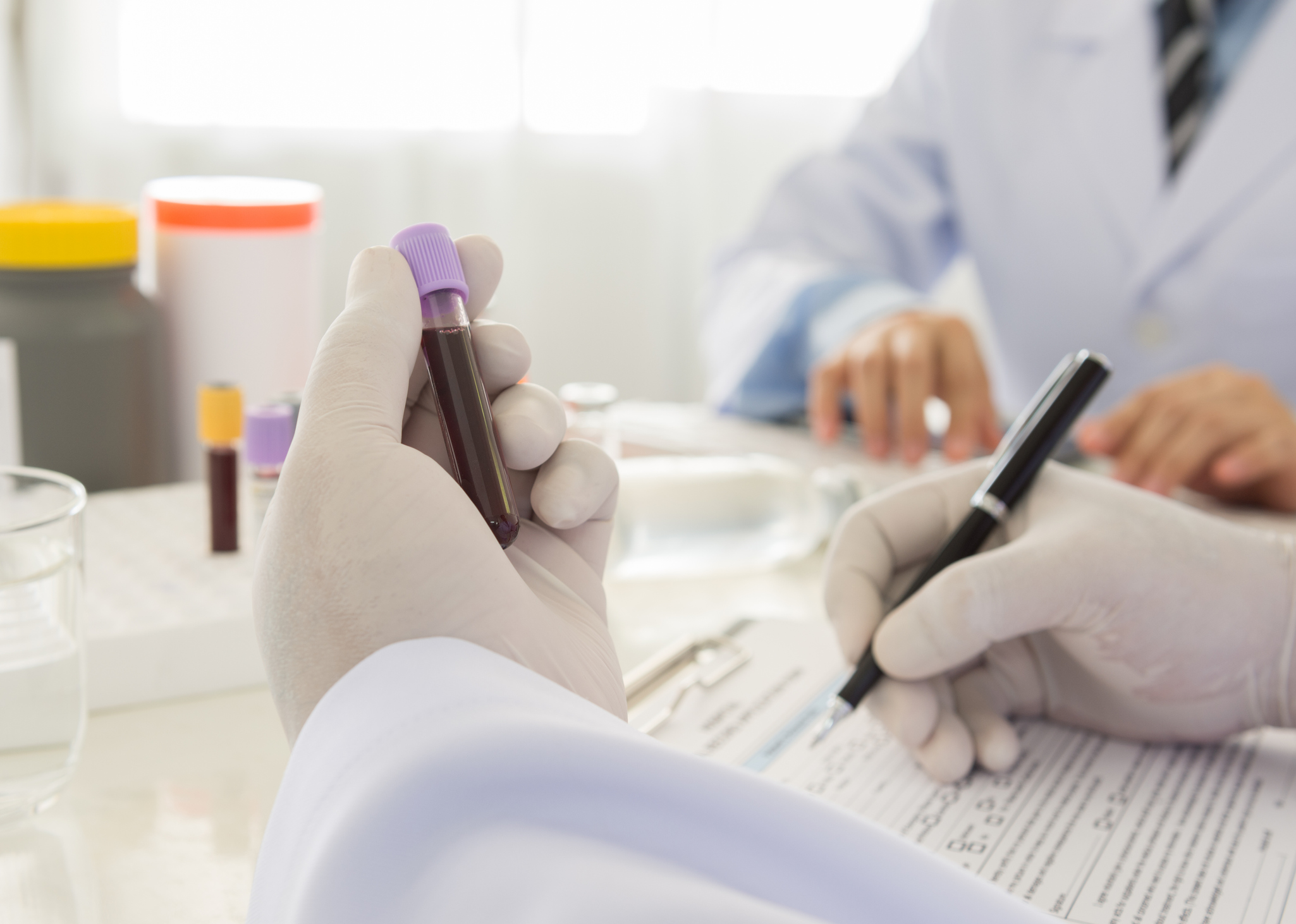As researchers race to find a cure or prevent older adults from developing Alzheimer’s disease and dementia, a new study is exploring the feasibility of a blood test to look for signs of neurodegenerative disease including Alzheimer’s and multiple sclerosis or stroke.
According to a study published January 21 in the journal Nature Medicine, German researchers and a team from Washington University of St. Louis, found that elevated blood levels of a protein that die off in the early stages of A.D. can be
According to a recent report by Everyday Health, the study of more than 400 participants included 247 people who were known to carry a genetic variant that causes early onset Alzheimer’s. Those with the gene variant had greater levels of
Developing a blood test for Alzheimer’s disease could provide a low-cost screening tool for doctors, enabling patients to get earlier treatment and pave the way for more research into therapies that would prevent or slow neurodegeneration associated with Alzheimer’s. Today’s blood screening devices are highly sensitive, allowing for these significant advances in blood testing practices and applications.
Although a blood test for A.D. may still be several years from being made widely available, every bit of good news is encouraging in the fight against this memory-robbing disease. It is estimated that in 2018, there were 5.7 million Americans living with Alzheimer’s dementia; the vast majority over the age of 65. And every 66 seconds, someone in the United States develops A.D. The Centers for Disease Control and Prevention predicts that by 2060, 14 million Americans will have Alzheimer’s, making it an epidemic that doubles the risk of death for adults in their 70s. Although pneumonia or other illnesses may be listed as the cause of death for an elderly adult, often dementia is the underlying problem that






Add Your Voice
0 Comments
Join the Discussion